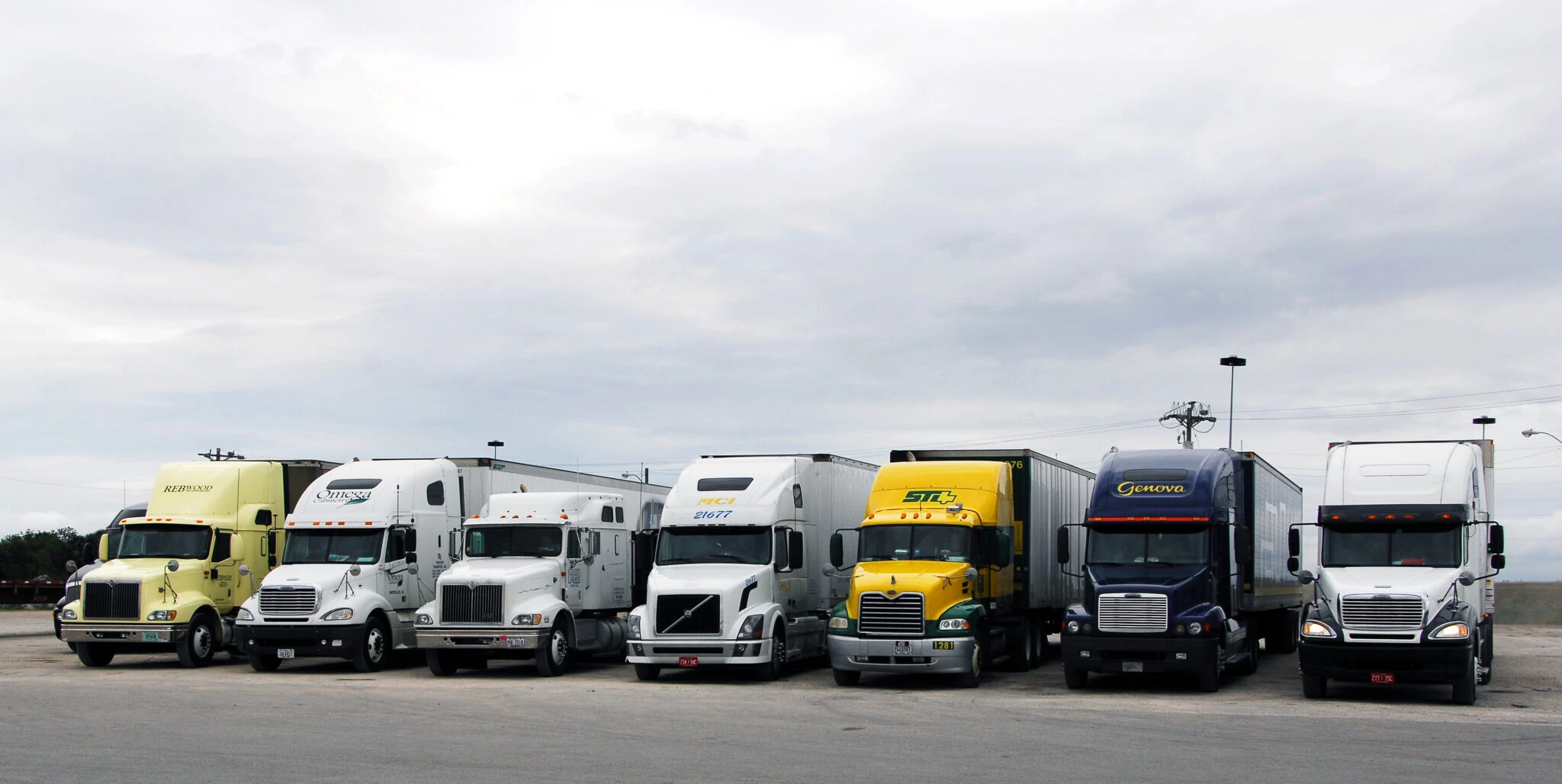Application Form
Please fill out the form below, so we can contact you as soon as possible!

The U.S. truck freight market experienced a decline in both shipment volume and spending in the fourth quarter of 2023, marking the largest year-over-year drop in volume in the history of the U.S. Bank Freight Payment Index. Shipment volume was down 15.7%, and spending contracted by 13.5% compared to the same period in 2022. The slowdown was particularly acute in the Southeast and Northeast regions. The decline is attributed to companies destocking their pandemic stockpiles, leading to reduced demand for freight transportation. However, there are indications that the trucking supply may be coming into balance with demand, and industry experts are monitoring whether companies will begin restocking in the coming quarters.
The U.S. Department of Transportation plans to invest $300 million in truck parking projects across seven states to address the severe shortage of truck parking, a significant concern for drivers. The investment aims to add about 1,000 new truck parking spaces in Florida, Missouri, Pennsylvania, California, Oregon, Washington, and Wisconsin. The funding comes from the Infrastructure for Rebuilding America program of the Infrastructure Investment and Jobs Act. The projects include addressing safety issues, reducing crashes, providing dedicated truck parking facilities, and implementing technology like a real-time parking information management system. While the funding is a step forward, experts caution that it won’t entirely solve the truck parking problem, emphasizing the need for ongoing efforts from the private sector alongside legislative initiatives like the Truck Parking Safety Improvement Act.
Three major truck manufacturers, Daimler Truck North America, Navistar, and Volvo Group North America, have formed a coalition called Powering America’s Commercial Transportation (PACT) to focus on education, advocacy, and the development of a nationwide infrastructure for medium- and heavy-duty zero-emission vehicles (ZEVs). Representing about 70% of all new medium- and heavy-duty truck sales in the U.S., the coalition aims to overcome barriers hindering access to ZEV infrastructure and enhance national climate policies. PACT acknowledges that the lack of charging infrastructure is a significant bottleneck for the widespread adoption of electric vehicles and invites stakeholders, including other OEMs, infrastructure developers, electric utilities, and grid operators, to join the coalition. The International Council on Clean Transportation estimates that nearly 700,000 chargers will be needed nationwide by 2030 for the anticipated one million Class 4-8 medium- and heavy-duty ZEVs, consuming 140,000 megawatts of electricity daily. PACT does not advocate for specific vehicle technologies but focuses on educating stakeholders about infrastructure challenges and collaborating on practical and efficient solutions.
The decision to buy a trailer in the trucking industry involves careful consideration of factors such as the total cost of ownership, market conditions, and business needs. In early 2024, the availability of trailers has improved, and prices are moderating, but challenges persist. Stagnant freight rates and increased interest rates due to Federal Reserve decisions may affect the return on investment. Lenders are also tightening lending policies, demanding higher credit scores and larger down payments. Trailer ownership involves additional expenses, including maintenance, insurance, securement devices, and fuel costs. The crucial question is whether the additional revenue generated by the trailer justifies these costs. Trailer types and cargo considerations further complicate the decision, as certain trailers may limit the types of loads a driver can haul. Independent operators should align trailer choices with customer needs to avoid turning down lucrative loads. Timing is also emphasized, with predictions of lower interest rates and slowly climbing freight rates in the future, prompting some to consider waiting before purchasing a new trailer based on individual business circumstances.
The Federal Motor Carrier Safety Administration (FMCSA) has proposed changes to enhance flexibility for commercial driver’s license (CDL) applicants, including allowing learner’s permit holders to operate without a CDL holder in the passenger seat after passing the skills test. The proposal aims to improve testing efficiency and flexibility for CDL and commercial learner’s permit (CLP) applicants, intending to expedite the CDL issuance process without compromising safety. Specifically, the proposal suggests exemptions for CLP holders who have passed the CDL skills test, allowing them to operate a commercial motor vehicle (CMV) for any reason with a CDL holder present in the CMV. The FMCSA also considers changes related to skills testing for out-of-state applicants, removing the requirement for training in the testing state and allowing CLP holders to take the CDL skills test without a 14-day waiting period. Additionally, the proposal addresses the operation of empty passenger CMVs and proposes requirements for third-party CDL knowledge testers. The FMCSA will open a sixty-day public comment period, and interested parties can submit comments online referencing Docket No. FMCSA-2023-0115.
Application Form
Please fill out the form below, so we can contact you as soon as possible!